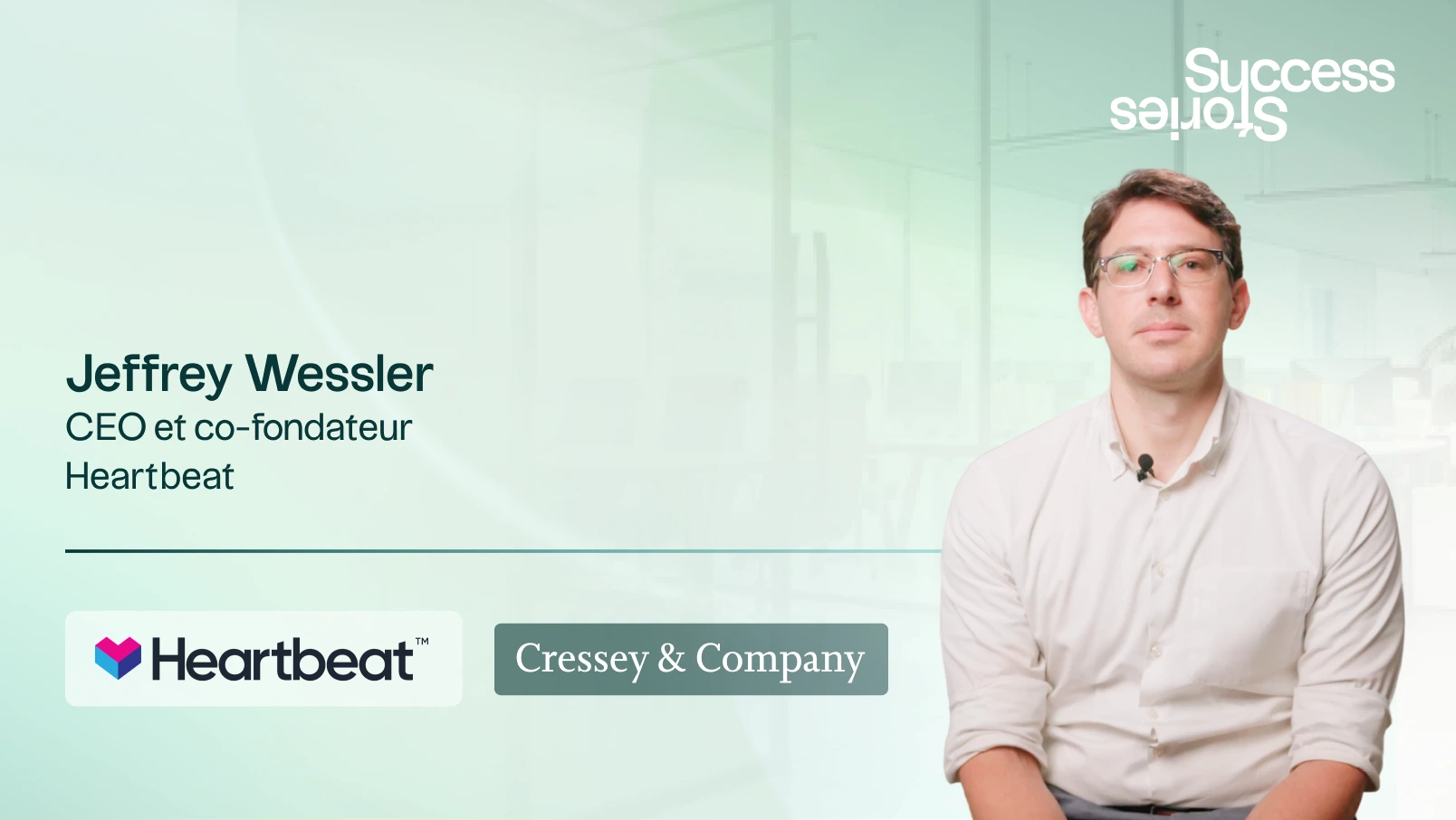Interview Jeff Wessler - CEO Heartbeat
Summary
Written transcription
I now have two young children, but when I started the Heartbeat adventure, it had only been three months since my wife had given birth to our eldest. It was, as you can imagine, a pretty intense time to have a newborn and start a new business. And if I hadn't really enjoyed what I was doing on a daily basis, I'm not sure I would have continued. But I really felt from the start that this was what I wanted to do. I loved the world of startups, I loved creating, and I loved the idea of being able to develop a product that could help a lot of people.
Hello everyone, I'm Damien Helene, editor-in-chief ofAltaroc. Today, it's my pleasure to take you to New York, to the West Village district to be precise. This is where Heartbeat is headquartered, a telemedicine company specializing in virtual cardiology services. Its CEO, Jeffrey Wessler, is a cardiologist, entrepreneur and recognized leader in the field of digital health. He is a graduate of Williams College, Cambridge and Harvard University. He welcomes us into his office to talk about his fascinating career path, and the reasons that led him to set up his own company before obtaining financing from the American fund manager Cressey.
Hello. I'm delighted to be here and really appreciate the opportunity to tell you more about what we're building at Heartbeat. I'm a general cardiologist by training. I worked in academia for a while, took care of very advanced patients and did a lot of research into how we could better care for these patients. In the middle of my career, in 2017, I became aware of a real problem. I was working in a university care center that cared for the most seriously ill patients. And I asked myself: what do we really put in place before we get to this point? What are we providing to patients, in terms of cardiovascular care and cardiology services, before they get sick? When I started looking around, I realized two things. First: that there weren't really any systematic, large-scale efforts to target patients before they developed serious cardiovascular disorders. Secondly, that technology was advancing to such an extent in 2017 that we had a wealth of new tools that could help us treat patients at an earlier stage of their disease. And yet, we were doing nothing to actually implement this care and bring it to the population.
This reflection led me to make the difficult decision to leave academia and set up a company, Heartbeat Health, with the aim of managing and treating these patients further upstream. I initially took on the role of company founder. It was my first company. I'd done a lot of work on the entrepreneurial side, designing and patenting heart devices and creating a mobile messaging application for heart failure patients. But I'd never really created a private company proper before.
At first, it was a bit strange for me to say to myself: "I'm going to perform an executive function and become CEO". But I soon learned, from some of my early mentors and colleagues, that it was important for me to consider this role of CEO and founder of a new company in order to really embody what I wanted to build. For the first few years, it cost me a lot of sweat and tears. I realized that I had to make the job my own, and convince myself that it wasn't just a side project, but a company that you build and put your soul into. And becoming CEO was crucial. I now have two young children, but when I started the Heartbeat adventure, it had only been three months since my wife had given birth to our eldest. It was, as you can imagine, quite an intense time to have a newborn. And, if I hadn't really enjoyed what I was doing on a daily basis, I'm not sure I would have continued. But I really felt from the start that this was what I wanted to do, because I loved the world of startups, I loved creating, and I loved the idea of being able to develop a product that could help a lot of people. But I also think that this motivation helped me to make the role my own, and to anchor the desire to see this project through to fruition.
And so, despite all the disorder in my life at the time, I was able to find the serenity and strength I needed to develop Heartbeat. Heartbeat is a virtual cardiology company. We are a large medical group. Our team consists of cardiologists, specialists and generalists, experienced practitioners, nurses, care coordinators, medical assistants, all dedicated to providing large-scale cardiology care to millions of people in the United States. Simply put, our mission is to improve outcomes and health for millions of people. Cardiovascular disorders are among the most common and life-destroying conditions people face. Nearly one in two Americans will one day suffer from heart disease, and our healthcare system isn't doing enough to care for and treat these patients before it's too late, before they're so sick that the only thing left to do is try to prevent the next stage. What we're trying to do is anticipate and prevent the progression or worsening of the disease. As a virtual cardiology company, Heartbeat is based on a remote medicine model. We offer videoconferencing, asynchronous consultations and remote cardiac diagnostics to ensure effective care. And it works. It's possible to provide a wide range of high-quality cardiovascular care without a patient having to physically visit an office. This year, we welcomed our one millionth patient. This is an important milestone.
Looking back on the early days, I never thought we'd be able to reach so many people and help so many patients across the country so quickly. I'm very proud of the team and the work we've done to reach one million patient interactions. In my mind, that's a million people we've really been able to help. Another milestone has confirmed our model. From the outset, I've always believed - and this comes partly from my academic training - that it's important to study what you do, to gather evidence that the care model works. Success alone is not enough. You need a model that is able to prove that the care is actually effective by showing the results, comparing them to those of patients who don't benefit from the intervention, and then demonstrating that they are better for the group of patients managed by Heartbeat. So we took that to heart and studied everything we did quite rigorously. And this year, we published our first randomized controlled trial. We followed a number of patients after cardiac hospitalization, placing half of them in a group managed by the Heartbeat team, and the other half in a group receiving high-quality standard cardiological care. We observed their evolution in the 30, 60 and 90 days following hospitalization. Heartbeat succeeded in reducing the re-hospitalization rate by almost 45% for all-cause hospitalizations, and by over 50% for cardiac hospitalizations. This is quite simply exceptional. It means that many of these critically ill patients were able to avoid a further hospital stay, which is one of the most important objectives in the management of cardiovascular disease and heart failure in particular. We published this study in the British medical journal BMJ earlier this year. I'm extremely proud of it.
Cressey is our first private equity investor. Before them, we had the help of several really great strategic funds and venture capitalists. And when we last raised funds, led by Cressey, Heartbeat was doing very well. We were growing very fast, which attracted a lot of interest from the investment community. I spent a lot of time analyzing funds, because we really wanted to find an investor and a group that could help us through the rest of our adventure, right through to exit. We were looking for a partner who 1) understands what we do, 2) has the humility to say "we're going to learn a lot together about these markets and how your care model works". We didn't want a ready-made roadmap imposed on us as to how things should happen. We were looking for someone who could evolve with the changing needs of the business over time. And 3), a group of people with whom we were ready to share this intimate process of building a company for years to come. Cressey met all these conditions. They were a truly fantastic partner, who mastered their subject. They understood the healthcare sector like no one else I'd come into contact with. They supported and helped us as we sought to understand and further develop this market. And I have to say that since they joined us and a trusting partnership was created between us a year ago, we have almost tripled our sales. The company has become profitable and more solid than I had imagined. The most important thing right now is to ensure our ability to execute. We need to be consistent in the care we deliver, which has tripled in the past year. We must continue to deliver superior care. Strive for excellence in every interaction, without exception. But also in terms of access to care. We must guarantee our ability to offer same-day, same-week care to our customers, to our patients. Above all, our business model must be self-sustaining. We have to be profitable, and ensure that we improve our margin structure so that we become a healthy company capable of growing on its own, with a really solid economic profile, so that we can look forward to a strong exit. So far, so good, and I'm confident that we'll be able to manage the obstacles that are bound to come our way. But right now, we're performing exceptionally well.
Cressey's arrival gave us confidence that we had a mature private equity firm to help us steer our roadmap for the next few years. Certainly, we had done good work, we had found the right ways forward, and our care model was working remarkably well. But we needed this maturity, this support. And not just in terms of capital, but also in terms of infrastructure. Cressey and his team help us with finance, talent sourcing, executive coaching, human resources and, of course, investment. They are a very complete partner, there to help us. So I feel totally confident that I can now count on a team that helps us make the right decisions and provides us with the support we need to move forward. I've never spared myself, but you know, I played squash as a child and it was often my friends and colleagues who pushed me to improve. One of my high school friends, Will, started playing squash at about the same time as I did, and he was always aiming higher. I improved a lot thanks to him. With Cressey, it's a bit the same thing. I like being on the court with them, in a way. I like that interaction, which pushes us to improve. Cressey isn't the kind of firm that imposes the way things should be done, that forces you to fit into the mold, at the risk of finding yourself in trouble. We're going to discuss the various options, try to find the best path, and walk it together. And it's not only a lot of fun, it's also a tried-and-tested model that works. Heartbeat mainly sells its services to payers, insurance companies and risk-bearing entities such as large provider groups. It's a growing market, particularly in Medicare and Medicare Advantage health plans, and we're seeing a high adoption rate. Our care is selling well. The model is performing well. The company is performing well.
In the coming years, the question of scale will be crucial. We see as many opportunities as there are payers in the country. We need to achieve the highest possible level of quality. And I'd like to think we're three or four years ahead of the market when it comes to the virtual care model. There are two important things I believe we need to do systematically if we are to achieve excellence. First, to show that care works. Prove, demonstrate our results, study them, report on them, publish them, to show that virtual care really does work. Secondly, always deliver the highest quality. You can't compromise on quality. You never can. That's what keeps the big healthcare systems and providers at the top of their game: ensuring that quality of care comes first. And as you get bigger, it gets harder. So we're working hard to deploy solutions that enable us to assess the quality of our care, so that we always remain the best in the market.

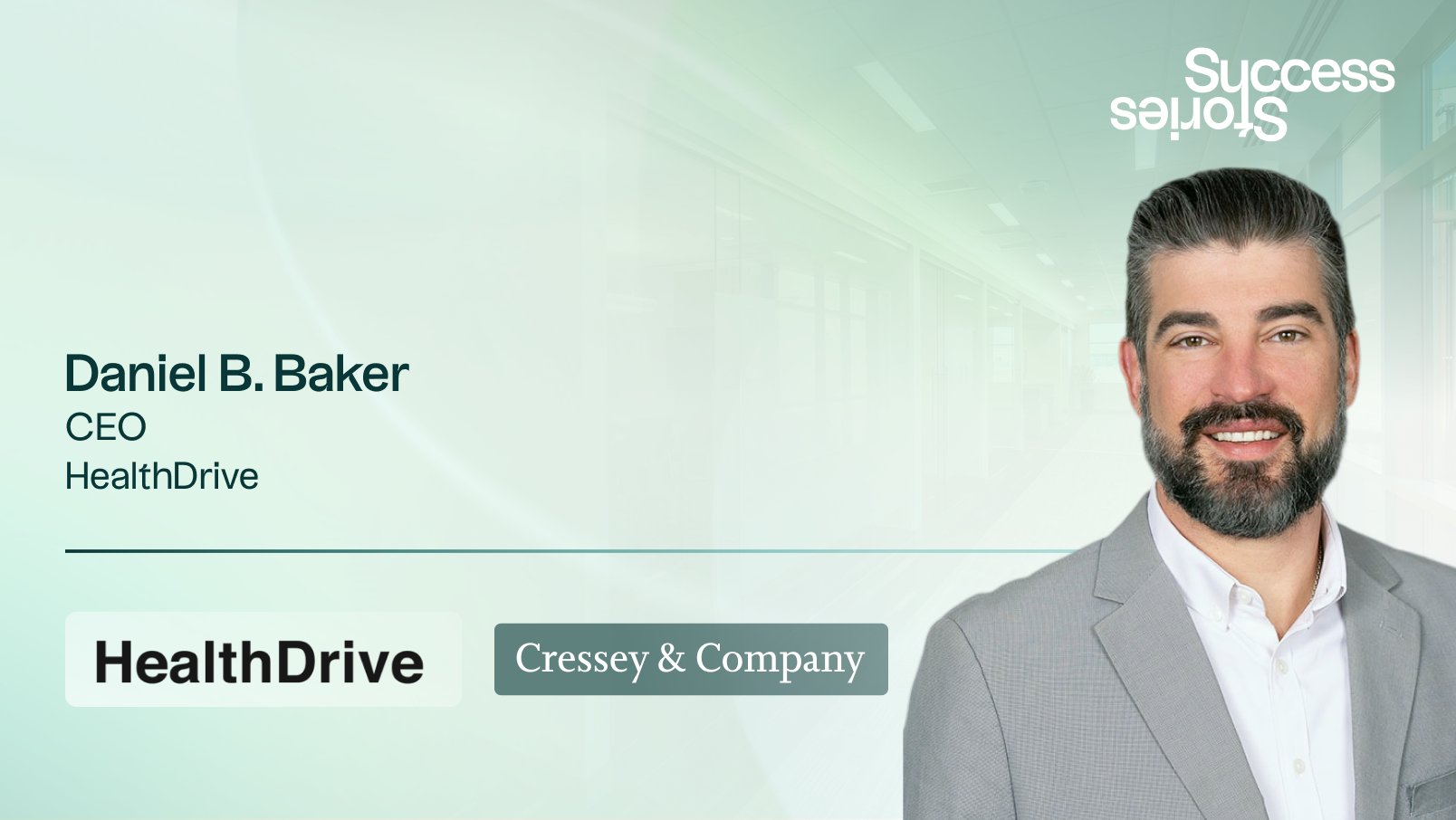
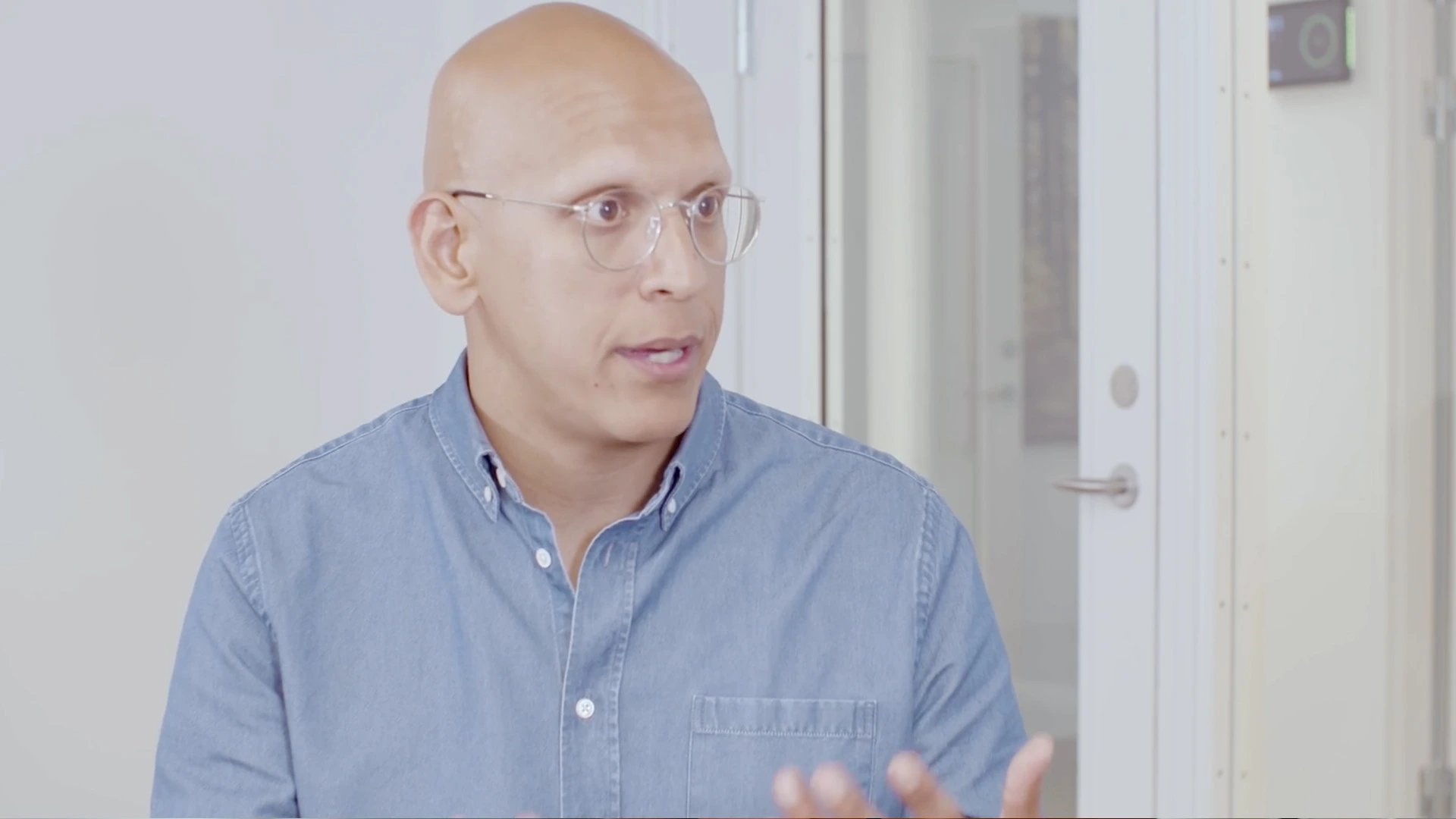
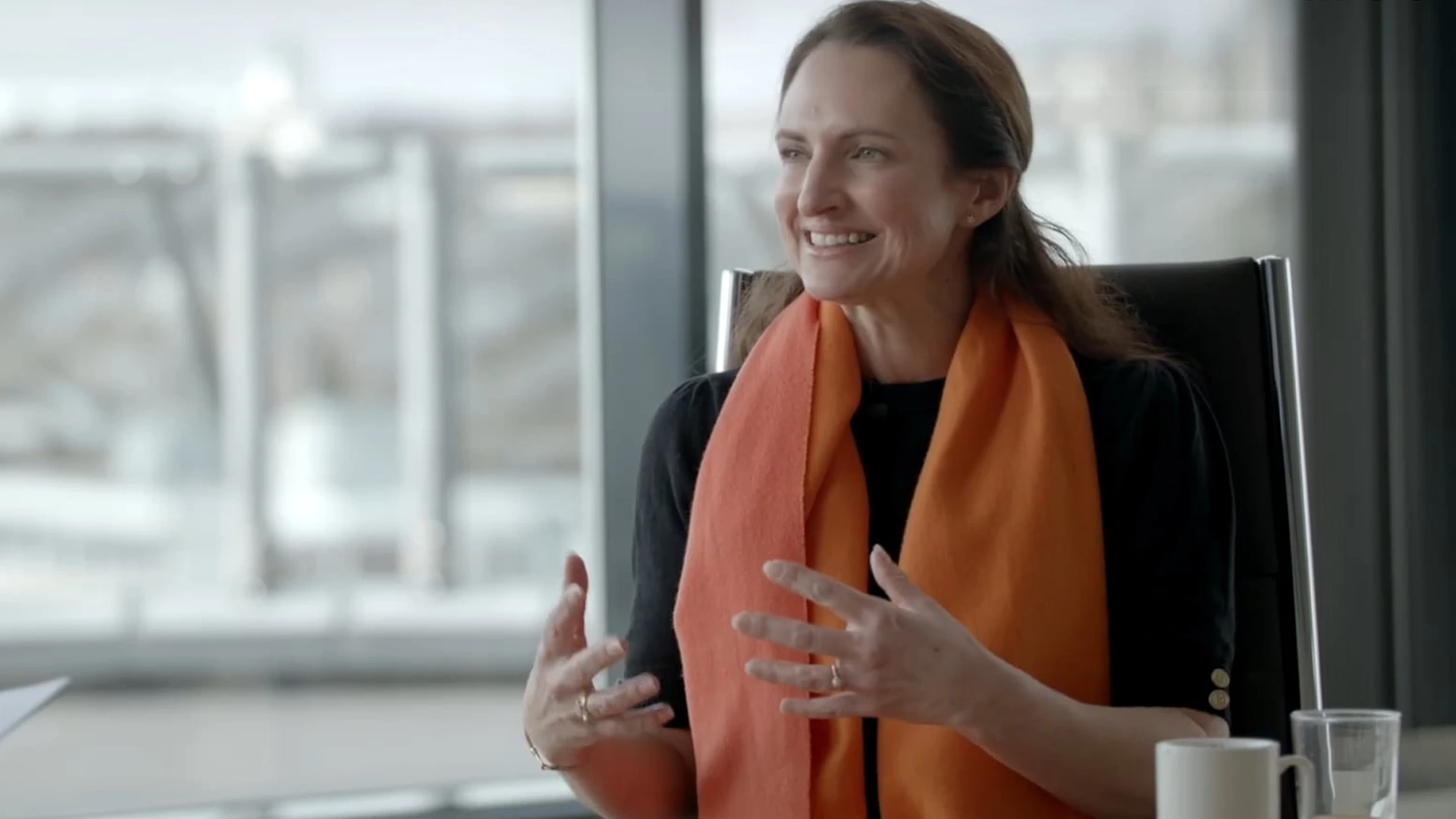
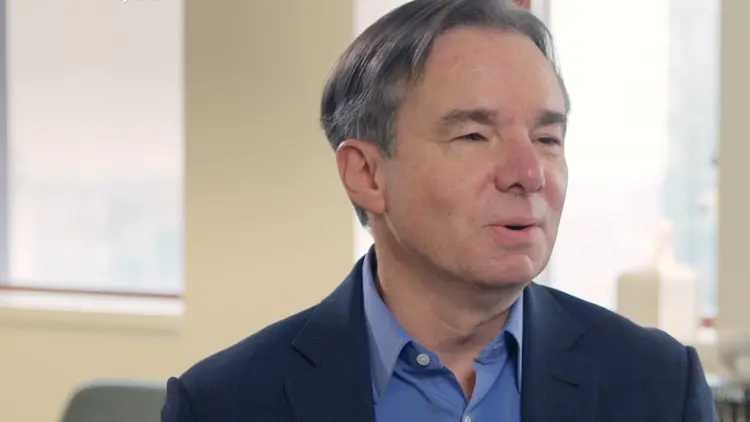
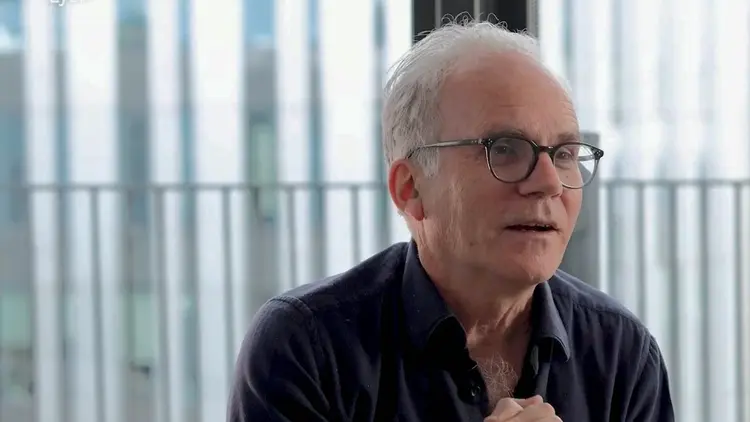
.jpeg)
.jpeg)
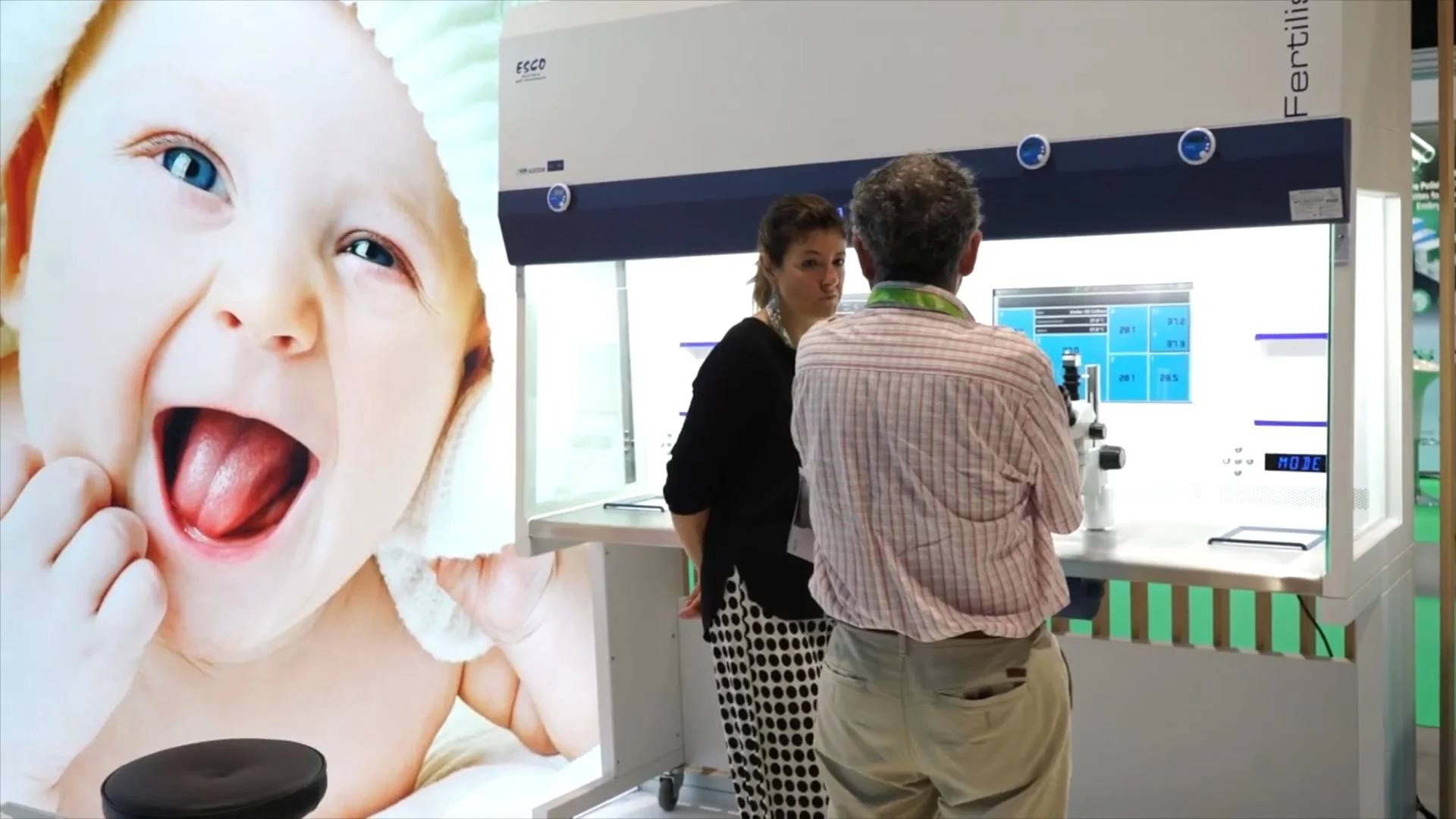
.webp)
